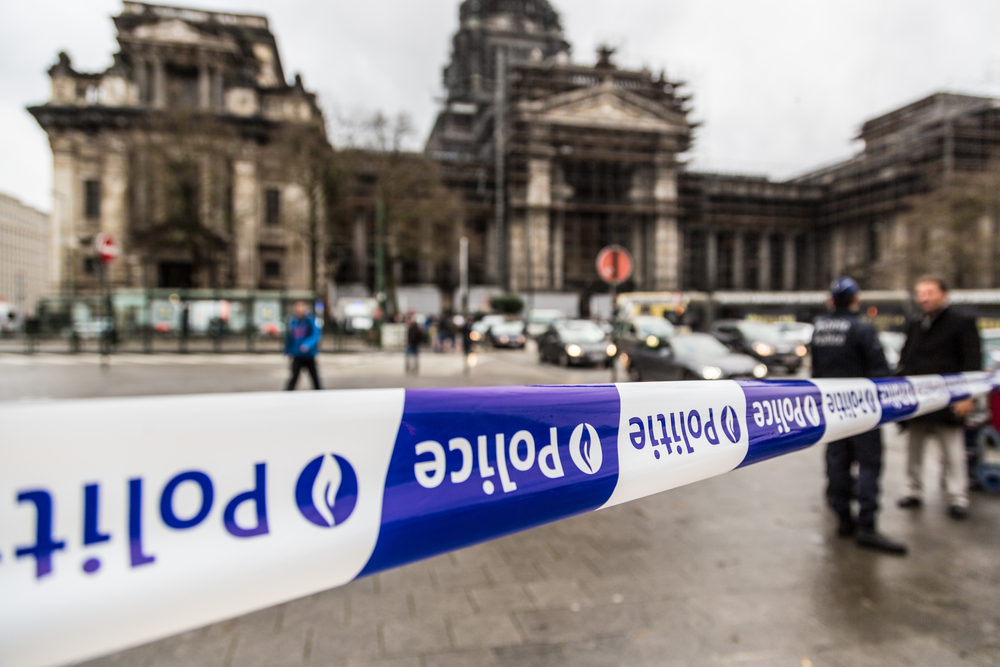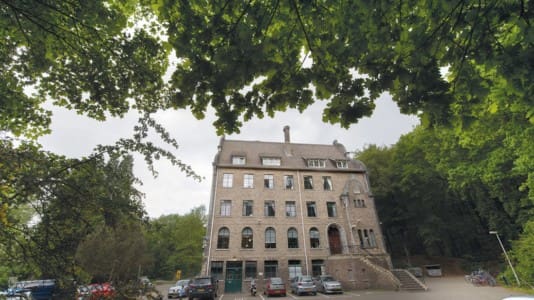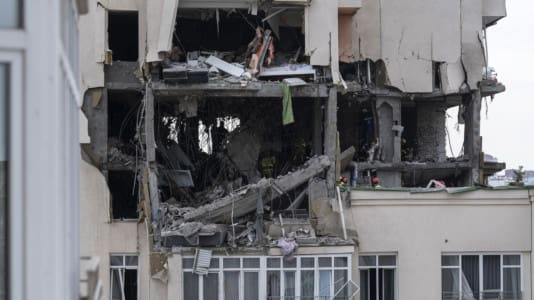The region of Brussels recorded its highest-ever number of shootings last year as authorities responded to 46 incidents involving a discharged firearm, in addition to three further incidents of grenade or Molotov cocktail explosions.
The figures evidence a concerning increase in the number of shootings in the Belgian capital, and the de facto capital of the European Union, with more than double the number of incidents involving firearms being reported compared to five years ago.
Belgian authorities link the rise in shootings to an exponential increase in drug-related turf wars in the city, although some municipalities are faring better than others.
According to statistics reported by Het Nieuwsblad, the municipalities of Brussels, Molenbeek and Anderlecht were the most affected areas last year, with each recording 10 shootings. These were followed by Saint-Gilles (4), Ixelles (3) and Saint-Josse (2).
“Forty-six shooting incidents with a total of 3 dead and 19 injured. That’s not pretty,” said one police source, cited by the newspaper, who blamed gang-affiliated criminals from the Balkans and North Africa, as well as the arrival of the Marseille mafia.
“Here the Albanian mafia is in control. And among them, mostly North African errand boys operate,” the source claimed. “So far, the shootings are mostly in settlements ‘between subgroups,’ and there is no question of a major mafia war between the two main clans, but it is written in the stars that things will go wrong between those two groups,” they added.
The police source predicted last year’s record will be short-lived, expecting this year to bring further bloodshed in the EU heartland, especially due to the ease with which individuals can now purchase firearms across the city.
“Nowadays, you can get a gun on the black market for a few hundred euros. The clandestine arms trade has also increased enormously recently. Guns are everywhere,” the source claimed.
The drug trade in Belgium has risen in notoriety over the past decade, and the port of Antwerp, located an hour’s drive north of Brussels, is considered one of the main gateways for popular drugs such as cocaine to enter the European Union from Central and South America.
With Belgian authorities seizing a record amount of cocaine from the city’s port last year — some 110 tons — asset protection has become paramount for organized criminals and gang warfare has intensified.
In December last year, Belgian Justice Minister Vincent Van Quickenborne declared organized crime “the new terrorism.”
“It’s a very tough fight. Six years ago we had the terrorist attacks in Brussels, and it is again the same intensity as that,” he warned.






